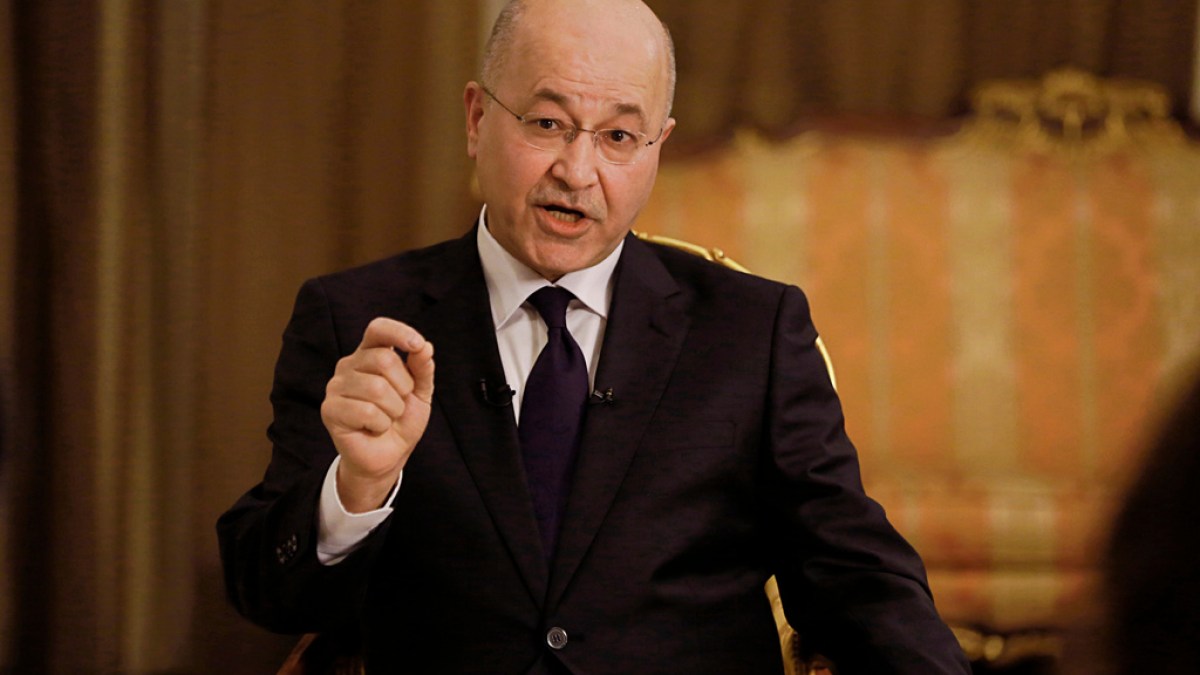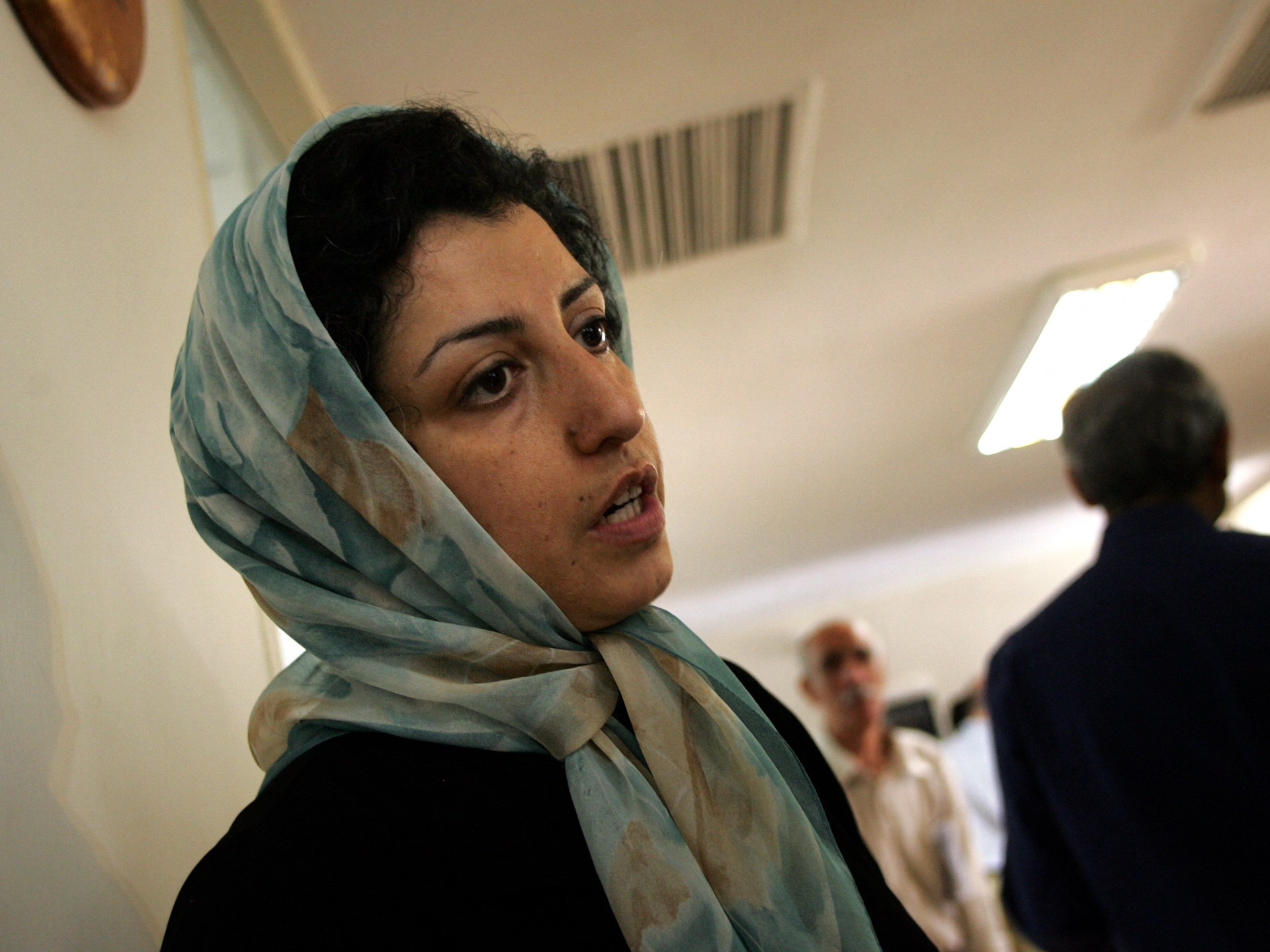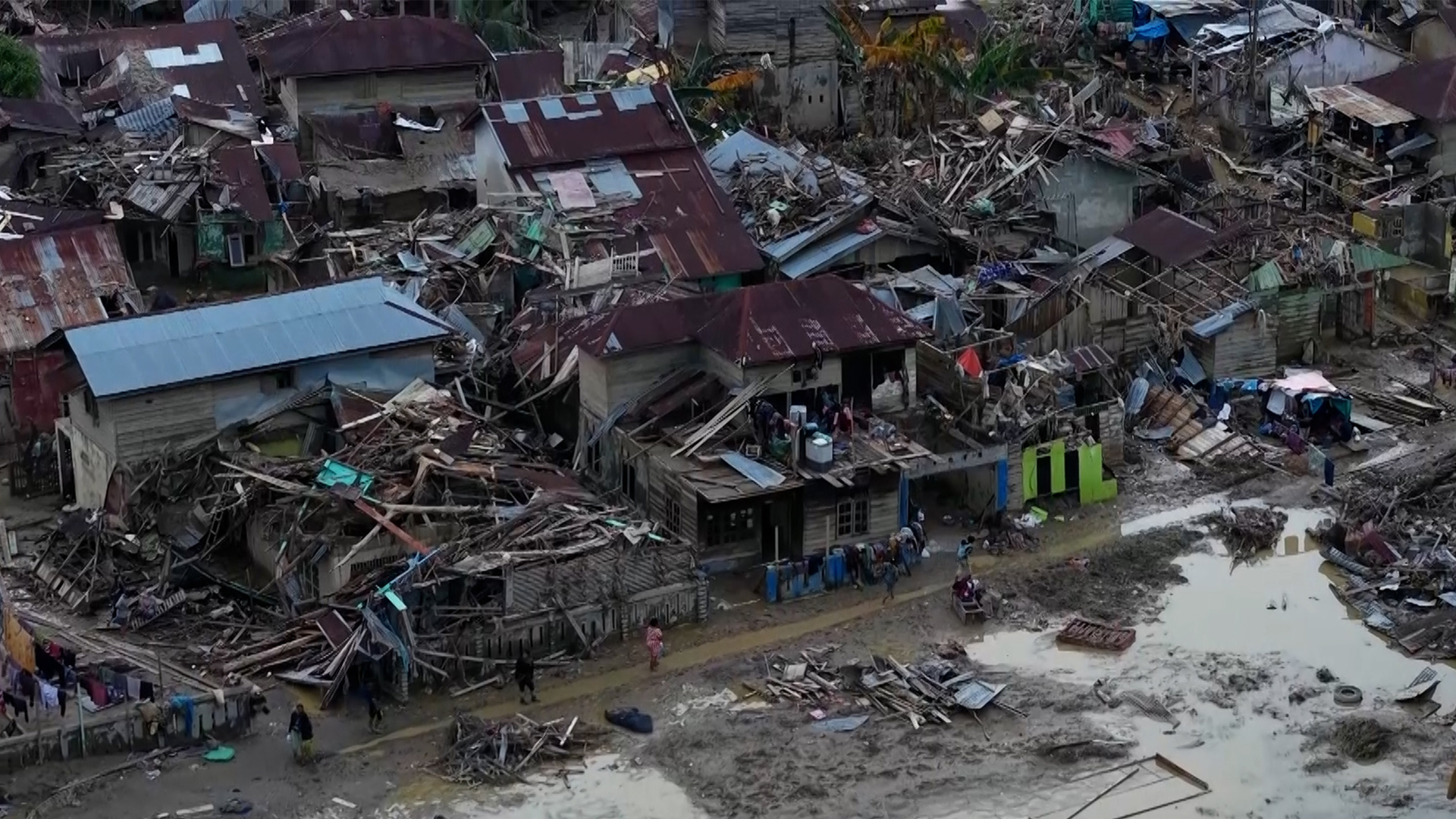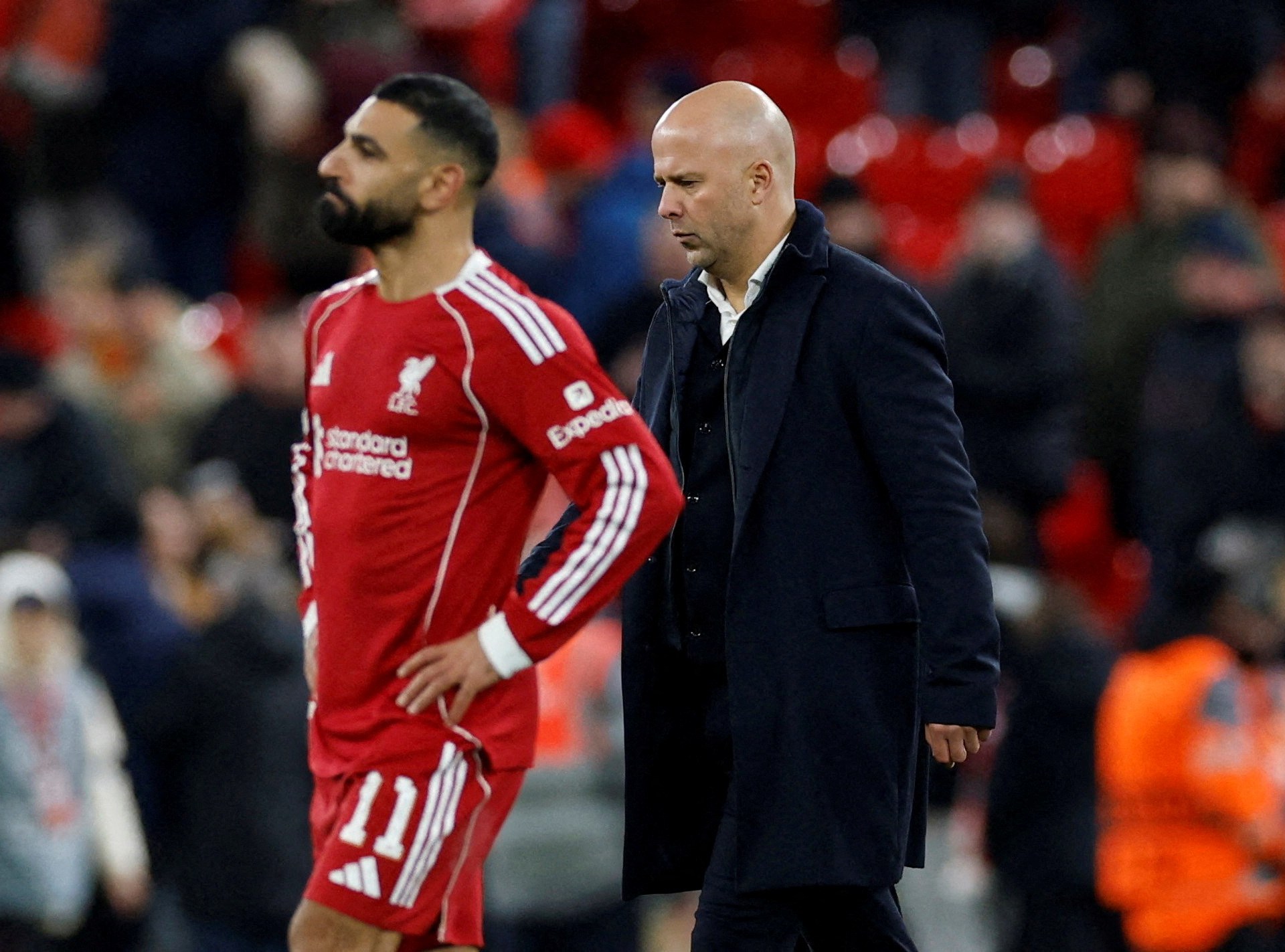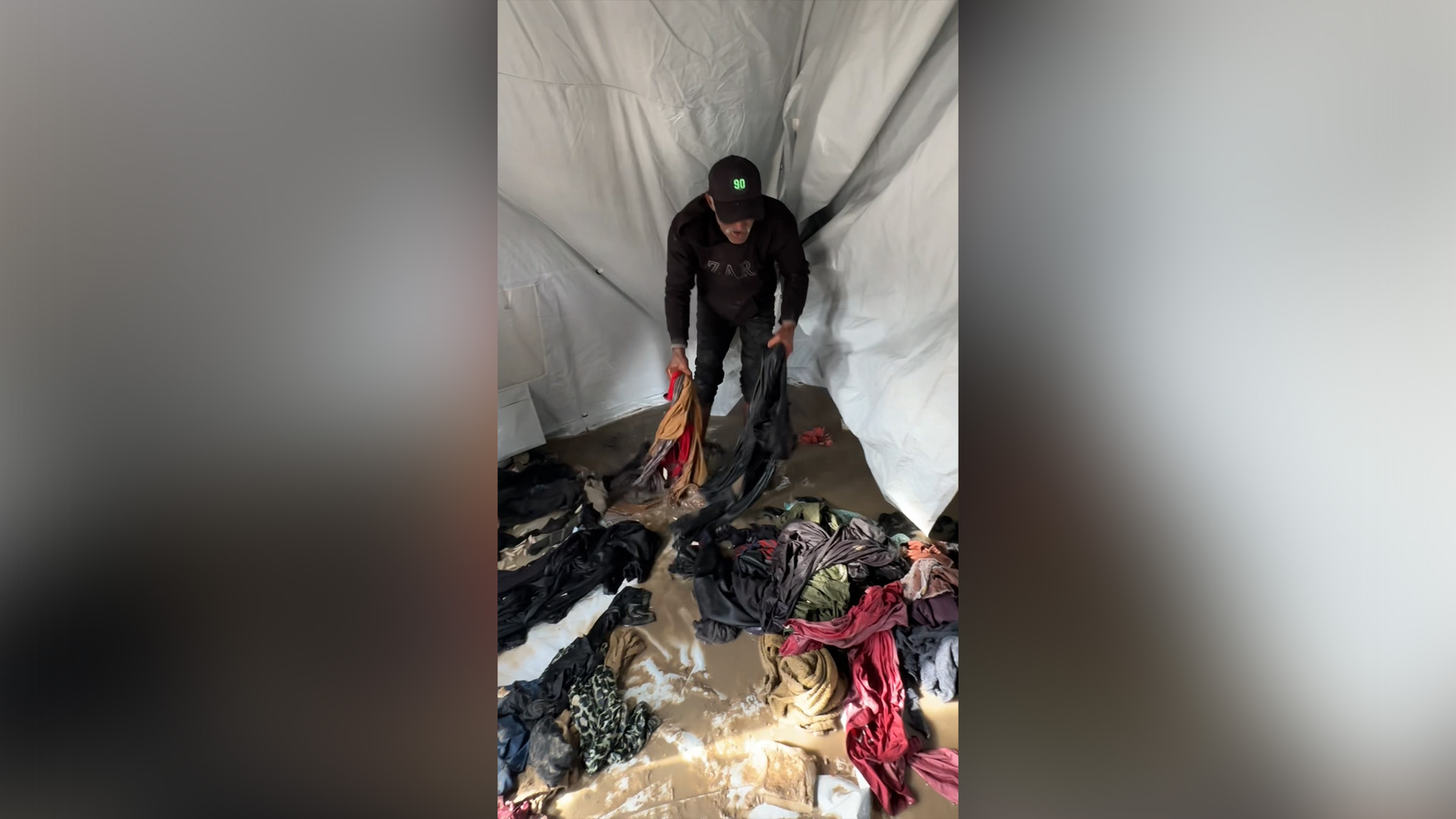Who: Liverpool vs Brighton
What: English Premier League
Where: Anfield in Liverpool, United Kingdom
When: Saturday, December 9, at 3pm (15:00)
How to follow: We’ll have all the buildup on Al Jazeera Sport from 12:00 GMT in advance of our text commentary stream.
All eyes will be on the Liverpool team sheet when it is released at roughly the same time the bus carrying the squad will arrive at Anfield for the Brighton match on Saturday.
Recommended Stories
list of 4 itemsend of list
Speculation is rife that the Premier League match could be Mohamed Salah’s last for the defending champions, following the public fallout with the club.
The Reds, and their beleaguered manager Arne Slot, will hope the focus is very much on the football and turning around a form book that has seen the Merseyside club fall to 10th in the table.
Al Jazeera Sport takes a closer look at a game that will be the focus of the Saturday agenda in the English top flight, and beyond.
What is the latest on Salah’s future at Liverpool?
Salah has not started a game for Liverpool since the 4-1 defeat at PSV Eindhoven in the UEFA Champions League on November 26.
The Egyptian forward was benched for the following three Premier League games and, following fierce criticism of the club’s treatment of him, was then dropped from the squad that travelled to Italy to face Inter Milan on Tuesday – a game the Reds won 1-0.
Speculation has mounted surrounding a move to the Saudi Pro League since Salah’s outburst following last Saturday’s 3-3 draw at Leeds United, when the 33-year-old claimed he had been “thrown under the bus” for their recent woes on the field.
Liverpool manager Arne Slot said on Friday morning that he would speak with Salah to decide whether the forward would return to the match-day squad for the Brighton game.
The eyes and ears of the world, and in particular in Saudi Arabia, will be on the Anfield club for news of the team and the squad before kickoff against Brighton on Saturday.
The Reds have lost six of their games in the Premier League this season – part of a run that saw them lose nine of 12 games in all competitions.
The struggling title holders have taken five points from their last three league games, however, starting with a 2-0 win at West Ham – the first game of Salah’s exile from the starting lineup.
The last two matches, though, have seen the Reds held to a 1-1 home draw by newly promoted Sunderland, before the draw at Leeds that led to Salah’s outburst.
Brighton’s solid season sees them sit two places above Liverpool on goal difference.
A win for either side could result in them climbing as high as fourth.
One league win in five to begin the season left the Seagulls sitting slightly perilously, but a run of only two defeats in 11 in the English top flight followed, with six wins in that time.
That form had expectations flying high on the south coast before two home games, but a 4-3 defeat by Aston Villa was followed by a 1-1 draw with West Ham in their last match.
What happened the last time Liverpool played Brighton?
Brighton were 3-2 winners in a Premier League fixture on May 19, in the last encounter between the sides.
Liverpool twice took the lead in the first half of the game at Amex Stadium through Harvey Elliott and Dominik Szoboszlai.
Yasin Ayari’s 31st-minute goal kept the Seagulls in the game at the break before Kaoru Mitoma and Jack Hinshelwood, who netted five minutes from time, turned the game around in the second period.
What happened in the corresponding fixture between Liverpool and Brighton last season?
Liverpool were 2-1 winners in the preceding match at Anfield last season, but were forced to come from behind after Ferdi Kadioglu gave the away team the lead in the 14th minute.
The Seagulls held the lead until the 70th minute, when Cody Gakpo and Mohamed Salah scored twice in three minutes to set up the win.
Head-to-head
This is the 44th meeting between the sides, with Liverpool winning 23 of those encounters and Brighton emerging victorious on 8 occasions.
The fixture dates back to 1907 and an FA Cup tie at Anfield, where Brighton secured a 1-1 draw. Liverpool made no mistake in the reply, however, winning 3-0 on the south coast.
Brighton would have to wait a further six games for their first win against Liverpool, a 3-1 victory in the old second division of English football (now known as the Championship).
Liverpool team news
There is a question mark over Alexander Isak’s status for Saturday, with Slot saying the forward picked up a knock in the first half against Inter Milan, and that he will be evaluated on Friday before they decide whether or not he can start.
Slot is pleased with how Isak and Hugo Ekitike have played together, saying their partnership will continue to improve.
“The more they play together, the more they will adapt to each other and the better they will cooperate,” Slot said. “I saw promising things from the both of them, it’s only the second time they’ve played together. We will see more of them playing together in the future.”
Slot will have Federico Chiesa available on Saturday after he recovered from illness, while Wataru Endo and Cody Gakpo are expected to be out for a “few weeks”.
Brighton team news
Stefanos Tzimas, Solly March, Adam Webster are all absent with knee injuries, while James Milner is also out for several months with a muscle problem.
Kaoru Mitoma will have a fitness test as he attempts a comeback from an ankle problem which has kept him out since September.
Yasin Ayari and Tom Watson could both return from knocks, but both are still being monitored at this stage.
Predicted Liverpool starting lineup:
Alisson; Gomez, Konate, van Dijk, Kerkez; Jones, Gravenberch, Mac Allister; Szoboszlai, Isak, Wirtz
Predicted Brighton starting lineup:
